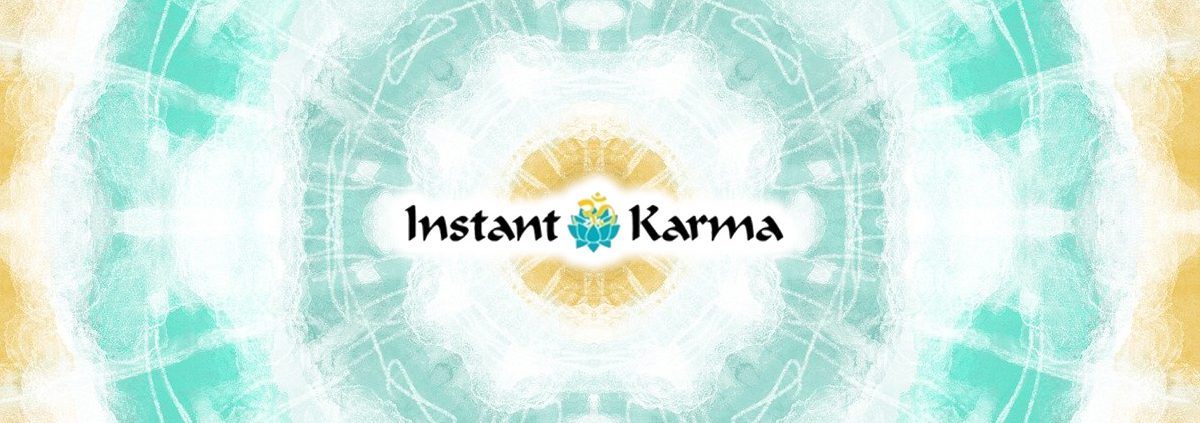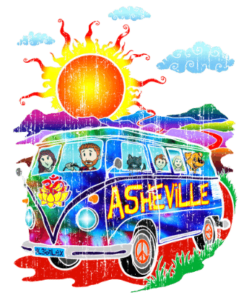Celebrate Samhain
Celebrate Samhain the ancient Celtic Pagan celebration marking the end of the year. The actual day of celebration is November 1st, but in keeping with the ancient practices that followed the lunar calendar, celebrations begin at sunset on October 31st and last for three days. It is this practice that has linked the Samhain celebration to Halloween which is also observed on October 31st. Ancient Samhain celebrations began with extinguishing all fires in the home, followed by an extensive fall cleaning usually done by the entire family. The cleaning signified the out with the old and in with the new philosophy. Villages and clans began formal ceremonies by lighting enormous bonfires at sunset which would then be used to burn crops and to make animal sacrifices. The sacrifices were done to give the Gods their share of the annual harvest. Villagers would also dress in costumes to honor the respected dead and to scare off the dead with evil intent. The costumes usually made from the skins and heads of animals were also seen as a way to honor the Gods and Goddess of nature. Dances were performed around the bonfires depicting stories of the life and death cycle. Priest and Shamans would use this magical time of divination to tell people their fortunes thus giving them comfort and guidance.At the end of the celebration every family would take burning embers from the sacred bonfires and bring them home to light new fires. It was thought that these new fires created with the sacred embers would protect the home and family during the winter. Samhain was also thought to be a time when of year when the veil between the world of the living and of the dead is the thinnest. Many Pagans believe that the spirits of departed loved ones are allowed to return to the earth to visit family and friends. Families placed candles in windows and set out plates of food to help guide the roaming souls. Today many practicing Pagans continue this wonderful tradition of honoring the dead by placing extra table settings for the departed at the celebration feast.





